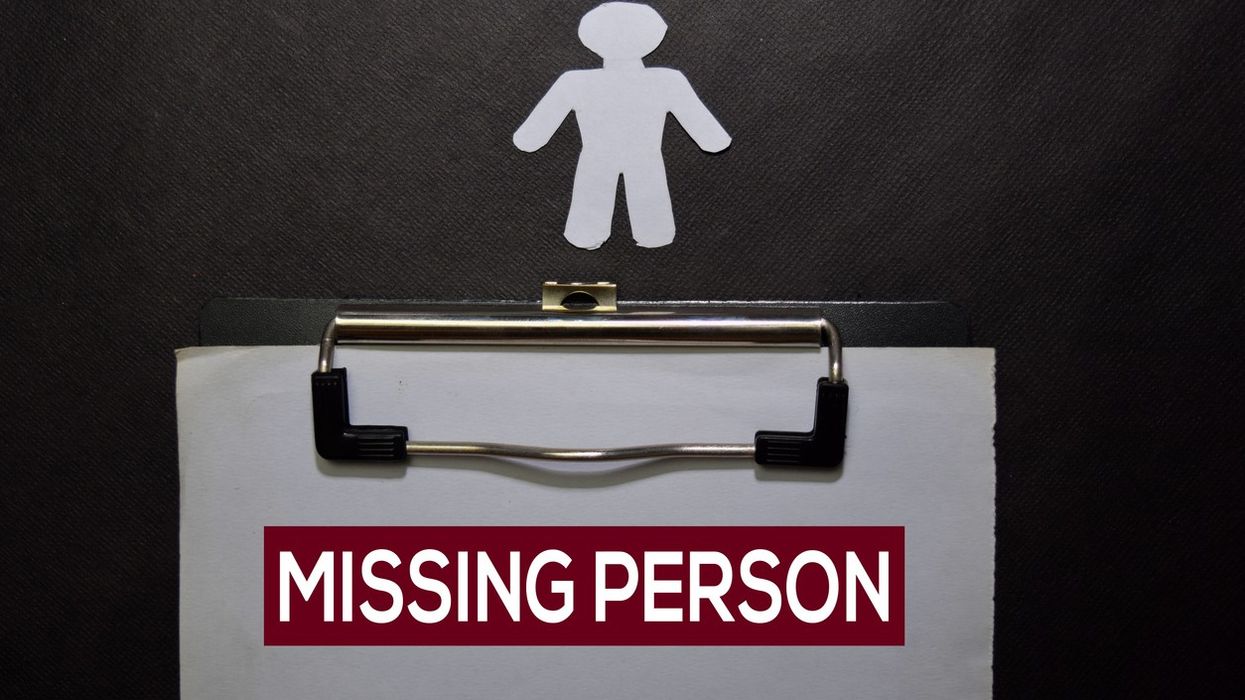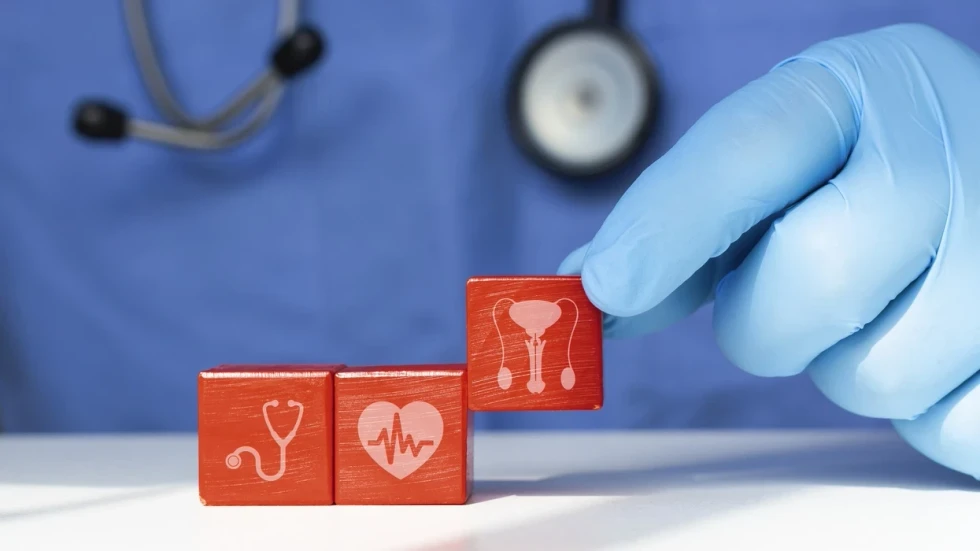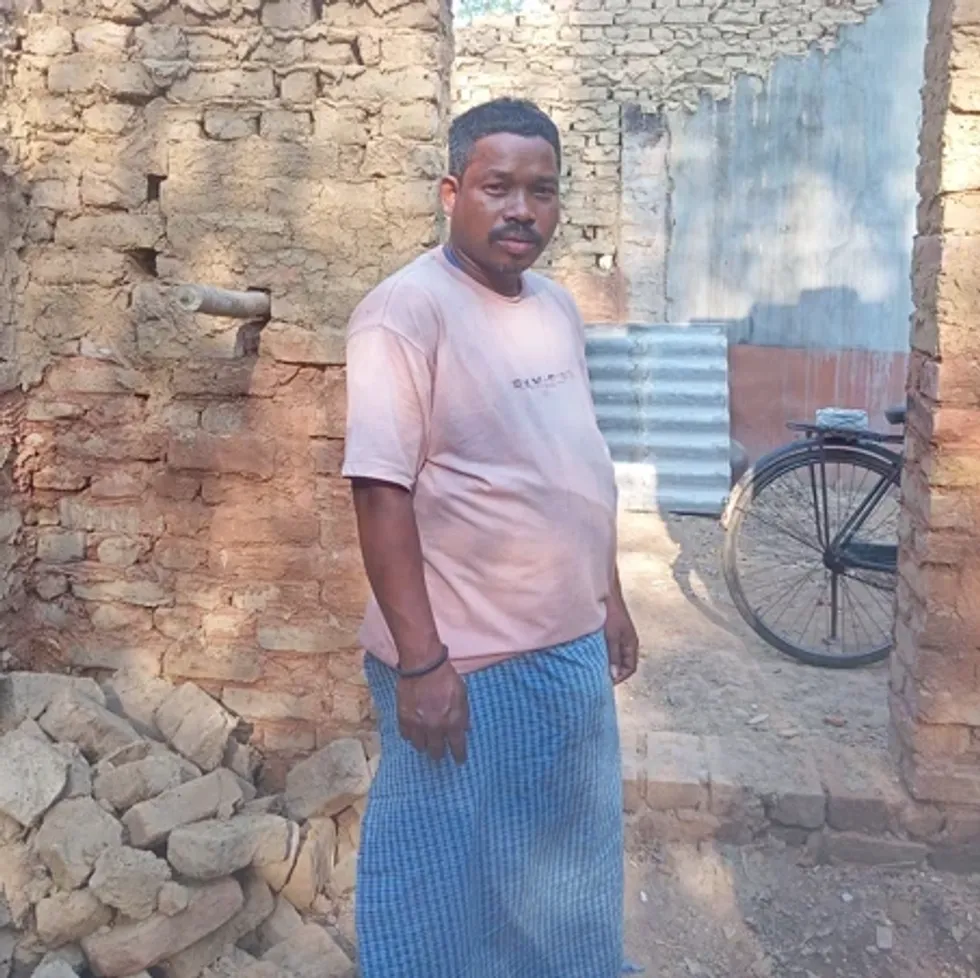Covid-19 may have adversely affected the bone tissues of young patients, impacting bone mineral density in the forearm and total bone mineral content, new research suggests.
Assessing people during the pandemic and before, researchers at Comenius University, Slovakia, found that the disease caused a significant bone mineral density decrease in young adults.
Lifestyle changes during the pandemic may have contributed to the lower bone mineral density and total bone mineral content, the researchers said in their study published in the American Journal of Human Biology.
“Our findings indicate that the Covid-19 pandemic caused a significant bone mineral density decrease in young adults,” said the study’s co-author Lenka Vorobelová, Department of Anthropology, Comenius University.
For the study, the researchers included 387 young adults whose bone health measurements were taken prior to the Covid pandemic and 386 whose measurements were taken from September 2020 to November 2022 during the pandemic.
The individuals participated in the study only once, either before or during the pandemic.
The researchers stressed that additional studies were needed to investigate post-pandemic risk of osteoporosis and bone fracture in older populations and also as a long Covid syndrome.
“Additional research is needed to evaluate this pandemic-related bone tissue reduction as an important symptom of long-Covid syndrome,” said co-author Darina Falbová, Department of Anthropology, Comenius University.
(PTI)






 Post-surgery, Arjun experienced a significant improvement in his physical health /Lepra
Post-surgery, Arjun experienced a significant improvement in his physical health /Lepra







 Firoza and Rupali
Firoza and Rupali

